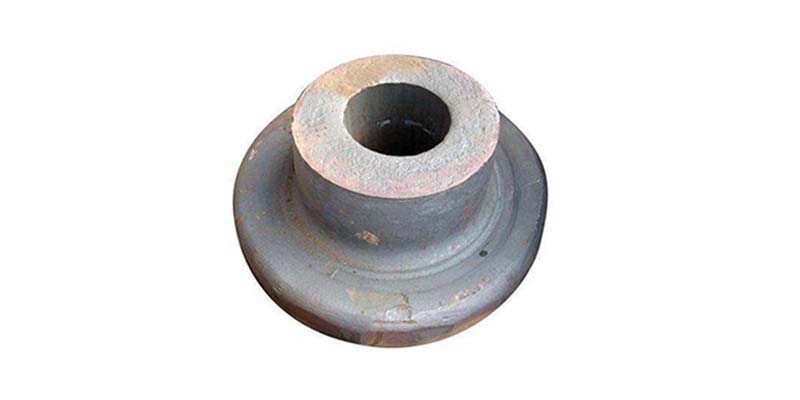- Contact Innally, Let you purchase forgings in China more favorable prices, products more assured!
- Hotline:+(86)15038323776 Email:innally@innally.com
How to choose the right flange forging?
- Category: Steel forgings, Thermal forging
- |
- Date: 04/01/2024
the selection of the appropriate flange forging needs to consider many factors. Through a comprehensive assessment of working conditions, material requirements, design factors, and reference to industry experience and norms, combined with economic and maintenance considerations, you will be able to choose the right quality flange forgings for your needs
Product Details
Choosing the right flange forging needs to consider a number of factors, including working conditions, material requirements, design factors, etc. Here is a practical guide to help you choose the right flange forgings:
Understand the working conditions: First of all, you need to understand the use of flange forgings environment and working conditions, such as temperature, pressure, media, corrosion and so on. These factors will directly affect the choice of materials and performance requirements.
Select the right material: According to the working conditions, select the material with the right strength, corrosion resistance, heat resistance and other properties. Common flange forging materials include carbon steel, stainless steel, alloy steel and so on. Considering the machinability, economy and compatibility of the material with other materials.
Determine the connection method: According to the actual needs, choose the connection method of flange forging, such as flat welding, butt welding, socket welding, etc. Different connection methods have different requirements for the structure and size of the flange.

Reference standards and specifications: Ensure that the selected flange forgings comply with the relevant national and industry standards, specifications and regulations. For example, the French national standard for pressure vessels is GB150-2011.
Consider design factors: When designing flange forgings, its structural strength, rigidity and stability should be considered. At the same time, it is necessary to ensure that the sealing performance of the flange is good and can withstand pressure and temperature changes under various working conditions.
Reference industry experience and cases: When selecting flange forgings, you can refer to the experience and use cases of other similar industries. This will help you better understand the performance and scope of application of different types of flanges.
Consider economy: under the premise of meeting the performance requirements, try to choose economical flange materials and processes. In the long term, economic factors may affect the cost effectiveness of the entire project.
Consider maintenance and maintenance: Choosing flange forgings that are easy to maintain and maintain can reduce the cost of use and extend its service life. Understanding the maintenance requirements and repair methods of flanges helps to better manage the equipment.
Consult a professional: If you have questions about choosing the right flange forgings or need professional advice, you can consult an expert such as a mechanical engineer, manufacturer or trade association. They can offer expertise and practical application experience on flange forgings.
Practice and verification: Before finalizing the selected flange forgings, it is recommended to conduct practice verification or simulation tests to evaluate their performance under specific conditions. This helps to ensure that the selected flange can operate reliably in practical applications.
To sum up, the selection of the appropriate flange forging needs to consider many factors. Through a comprehensive assessment of working conditions, material requirements, design factors, and reference to industry experience and norms, combined with economic and maintenance considerations, you will be able to choose the right quality flange forgings for your needs. At the same time, consultation with professionals and practical verification are also important steps to ensure that the right flange forgings are selected.
nannan
INNALLY mainly provides you with various types of cast and forged parts products. Welcome your inquiries! innally@innally.com
Related Products
Search
Forging center
- Steel forgings
- Aluminium alloy forging
- Titanium alloy forging
- Stainless steel forging
- Copper forging
- Automotive forgings
- Locomotive forging
- Bicycle forgings
- Motorcycle forging
- Rigging and fasteners
- Bearing forging
- Electric power fittings
- Marine forging
- Mechanical forgings for metalworking
- Mining machinery forgings
- Marine engineering forgings
- Construction machinery forgings
Popular product

© 2025. All Rights Reserved.






